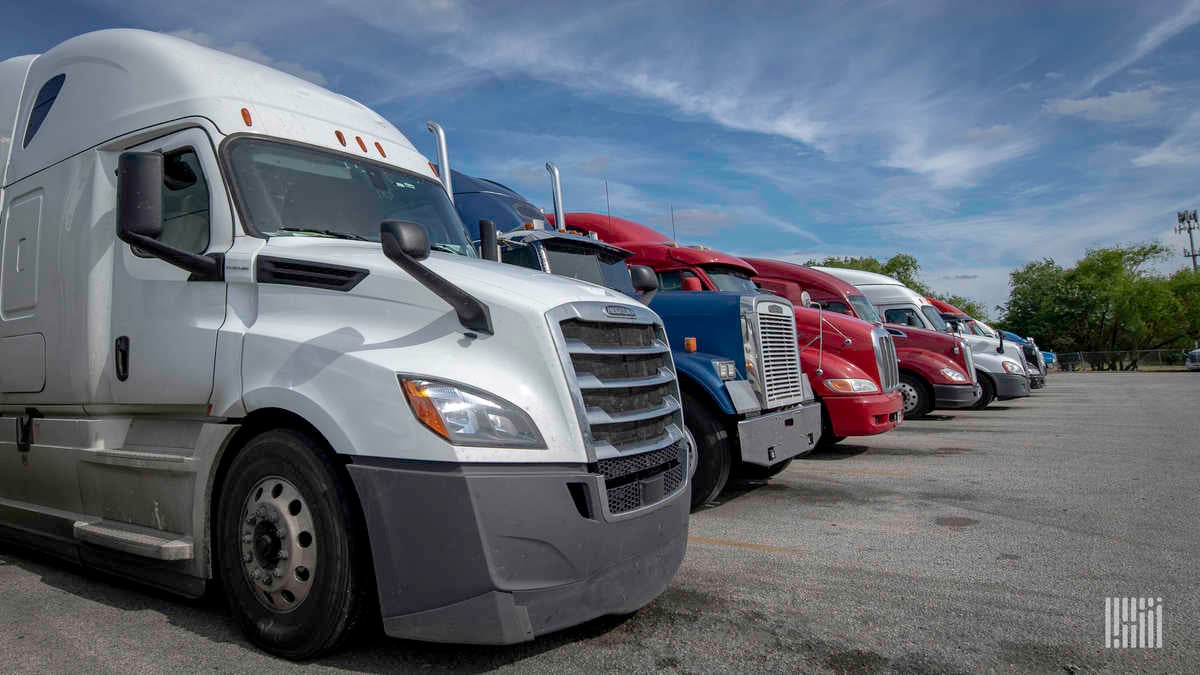
Technology at its best adapts to a changing world and provides convenient solutions for real-world problems when they are needed most. This is technology’s greatest asset, but it can also feed into tech’s existing accessibility problem. When the “must-have” tools change at breakneck speed, it is difficult for small and midsize companies to keep up. Ironically, these are the same companies that stand to benefit the most from timely adoption.
Small and midsize companies – brokers and carriers alike – often wait to adopt new technologies because frequent upgrades stress their bottom line, sometimes from temporary lost productivity as staff trains up on new functionality. New systems also can come with hefty price tags and long lead times, so companies need to see empirical proof that a new tool will be worth the hassle – and be confident in the expected return. Unfortunately, they are being eclipsed by both larger companies and their less risk-averse peers while they are waiting for that proof to show up.
“The biggest thing technology does for small and midsize players is give them the tool set they need to be competitive,” said Reg Robazza, CEO of Tailwinds Transportation Software. “Adoption is a learning curve, and you have to commit to it. The margins in these businesses are so slim and the competition is so stiff, you have to adopt anything that will free up your time and allow you to focus on building relationships with your customers.”
While tech adoption is essential for both brokers and carriers, brokers often have to move faster in order to remain competitive among their peers. The advent of smartphone-based solutions has made it easier for carriers to adapt to the changing scene, but they are still plagued with the necessity to jump from one tool to another depending on who they partner with.
Trucker Tools CEO Prasad Gollaplli emphasized the importance of quick adaptation for brokers, noting that tech is the only thing they really have to latch onto. Technology allows brokers to scale faster and grow their businesses. In such a crowded and diverse space, brokers that resist change are liable to become irrelevant rather quickly.
For companies struggling to stay on top of the changing tech scene, Gollapalli’s advice is simple: Focus on the basics and work to reduce fragmentation within the existing framework.
For most small to midsize companies, focusing on the basics will mean implementing reliable visibility solutions, as well as tapping into one or two newer solutions that seem to have staying power in the market. Gollapalli recommends focusing on digital freight matching. These offerings should be seen as the bare minimum to keep shippers happy. From there, offerings should be grown out further based on demand.
As far as reducing fragmentation goes, this can relieve fatigue and confusion for both brokers and carriers. It can also prove to be a money-saving move over time. In order to do this, companies should adopt tools composed of various offerings. These tools should also be poised and ready to adapt to changing industry trends quickly. Typically, app-based solutions like Trucker Tools are the best positioned for this.
Embracing tech adoption now and making smart choices when it comes to selecting tech partners can be the difference between thriving and failing in a volatile market – especially for small and midsize companies











